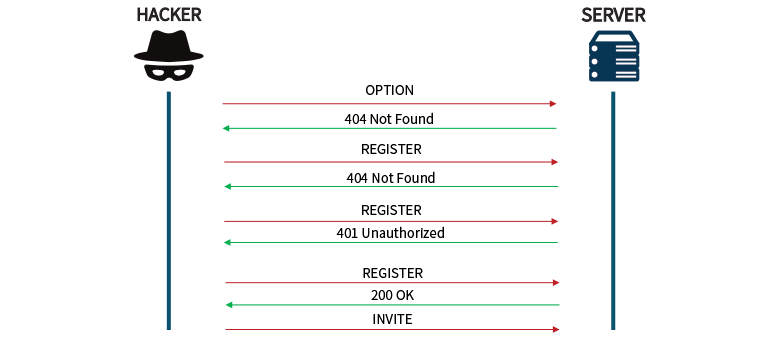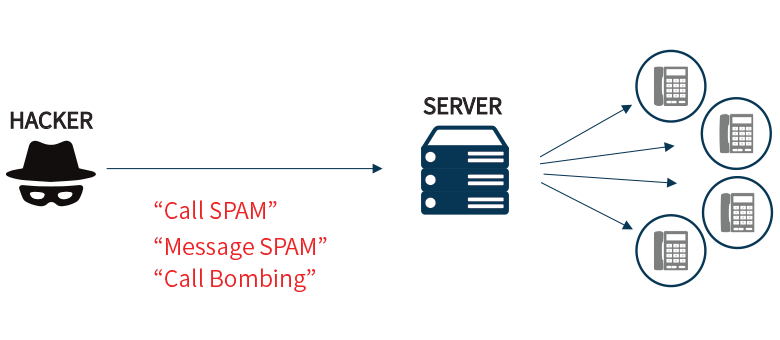VoIP Threats
In the early days of VoIP, there was no big concern about security issues related to its use. People were mostly concerned with its cost, functionality and reliability. Now that VoIP has gained wide acceptance and become one of the mainstream communication technologies, but security will become a major issue.
The security threats cause even more concern when we think that VoIP is in fact replacing the oldest and most secure communication system the world ever known – POTS (Plain Old Telephone System).



 +82 (0)2-6932-1630
+82 (0)2-6932-1630 sales@egistech.co.kr
sales@egistech.co.kr